How to train my husband
The Best Tips And Steps From Our Experts
The words “husband training” sound weird hearing anyone say it the first time. Most people think it is a punish-your-husband movement that’s to start. This is not the case, as it entails being your best to get the best out of your husband.
Truth is that to get a well-trained husband, you should understand the dynamics of how they think. Before they married you, they went through the training of a mother whose influence still abounds. Also, men tend to gravitate towards where their happiness is, and in the reverse, they react.
This reaction could be in the form of things that will hurt you, making you react. It then becomes a cycle of toxic reactions, and the quest to control husbands arises. Yet, you can have these men eating from your palms. Your man isn’t a dog, but we will show you how to train your husband.
Quick Navigation
- Know Thine Husband
- Use The Lure And Bait Tactics
- Baby Steps, Order, And Patience
- Avoid Shouting Or Nagging
- Apply An Open-Minded Approach
- Master The Art Of Ignoring Bad Behavior
- Do Not Try To Dominate
- Learn To Apply Tact
- Reward Good Behavior
- Become The Change You Want To See
Know Thine Husband
Before you go ahead discipline your husband, understand the kind of person he is. Biology class says humans are higher animals, and expert animal trainers will tell you the same. To get your animals malleable, you have to understand your species.
Individuals are different and have unique behaviors. So, is he an early riser or late sleeper? Is he the one who won’t let the T.V remote out of his sight?
Does he enjoy playing games? Does he sulk or talk about things instead?
Knowing your man will help you understand how he operates and his pain points. Understanding the species of your husband helps you know how and when to get your husband’s attention. It is as simple.
ADVERTISEMENT
Use The Lure And Bait Tactics
We come to the first reason why we advise you know your husband. It is easy to apply the lure and bait tactics to train your man if you do. You’ll have a perfect understanding of what works for husband training.
The lure and bait tactics are the promises of getting this is if he does that. You bait them with the promise of getting certain luxuries or rewards if they do a task.
For your man, some rewards are not worth it while others are. So, you don’t lure with a not-so-great bait, because its potency is quite limited. Find that one thing they can’t do without, and it will always work.
ADVERTISEMENT
Baby Steps, Order, And Patience
As the wife trains the husband, be sure not to overwhelm or confuse him. Knowing your man plays a great role in achieving this. Create a scale of preference when you need him to do something. Always start from the most important to the least important. This also helps keep him focused, as he will start from the most important task.
Do not change your mind mid-way by getting him to do something bigger. He’s learning to become a better partner, so baby steps only. If he accomplishes a task today, the extras are a bonus. Avoid raising the bar, as it will mean taking him for granted which is wrong.
Also, when he does a task like buying stuff, don’t tell him “he should’ve bought another”. This is the fastest way to make him retreat.
ADVERTISEMENT
Avoid Shouting Or Nagging
Like we advised about, work with your man in baby steps. Appreciate a task he does right and when he doesn’t, don’t shout or nag. To be honest, nagging and shouting don’t work. If it is a situation that you can change, change it. If you can’t, ignore or overlook it.
But if you need your man to be an obedient husband, show affection instead. Getting your man to be a model partner is more about you than him. If you take a violent stance on the wrongdoings of your man, it will become a toxic cycle. Try affections and gentling instead.
ADVERTISEMENT
Apply An Open-Minded Approach
One of the best ways to train your husband is with an open mind. Taking things personal in a marriage will turn you into this bitter person. As humans, it’s normal to think people we love do things targeted at us to hurt us. It may be a case of your spouse picking convenience over discipline.
You need to apply an open-minded approach, giving the benefit of the doubt. And like an animal trainer, a cool head is very important when dealing with your husband. It helps you more than it helps him. It helps you see the positive side of things, which helps you approach the matter in a humane manner.
And like an animal trainer, a cool head is very important when dealing with your husband. It helps you more than it helps him. It helps you see the positive side of things, which helps you approach the matter in a humane manner.
10 Relationship Red Flags You Shouldn’t Ignore
READ NOW
Master The Art Of Ignoring Bad Behavior
Every response elicits a reactive response, whether positive or negative. So, if a certain bad behavior is consistent with your husband, rather than discipline your husband, ignore him. Most women get angry and punish their husbands, while others indulge their husbands.
With either of the two, he has your attention and will milk it to your fury. But when you ignore them, they will know that you are not interested in what they are doing. This makes the whole dirty behavior fizzle out on its own. For instance, if your husband is in the habit of dumping his briefcase anywhere, ignore it.
Allow him to search for it himself and he’ll know to keep it safe. Ignore!
Ignore!
ADVERTISEMENT
Do Not Try To Dominate
A relationship based on dominating another person breeds fear and resentment. Dominating your husband is the fastest way to get them to revolt. They will resist you at some point and this will cause a chain of unpleasant events.
Most women want to bend their husbands to their will so bad that they go about it the wrong way. Rather than motivate your husband to do better, you snarl when he errs. You tell him it’s either your way or no way at all. He must take your route, take out the trash when you say and all that. Tread with care, and learn to encourage your man instead. He will be more receptive to you.
Learn To Apply Tact
If you’re thinking of how to get your husband to notice you or listen, apply tact. Wives often times pick the worst moments to air their grievance or seek attention. Your husband cannot find his car keys, and you remind him of his carelessness. He notices that his body wash is totally finished, and you remind him that if only he bought it yesterday.
Your husband is quite tired from work and you choose to tell him how he hurt you. Tact and timing are very important if you must get the best out of your partner. Avoid igniting a fire when he’s already stressed. And if he’s taking time out to rest, let him have it. Even animals have days off.
ADVERTISEMENT
Reward Good Behavior
We talked about ignoring the bad behaviors of your husband. It makes turning a new leaf gradual but eventual. This is the same for good behavior which deserves a reward. When you make it a habit to encourage your man, he’d be glad to do more.
Remember the process of getting an obedient husband is a gradual one. So, he will take baby steps while you cheer him on. He takes out the trash today, gives him a hug, and says a big thank you. He gets the groceries, give him a wide smile. And if he wants an extra portion of food, with all pleasure.
Rewards breed motivation, which in turn makes them do more. They’d launch on a quest to be better because you appreciate all their little efforts and encourage them.
Become The Change You Want To See
We cannot talk about how to train your husband without focusing a bit on you. For every change, you desire in your husband, exhibit the same. Your husband isn’t a slave who lives for your pleasure only.
Relationships are partnerships where one compliments the other. If you desire a great man, an obedient husband, then be an obedient man. If you want a man who’s orderly, be orderly. Asking him to do things or act the way you don’t act will cause resistance.
If both of you are in the same behavioral space, the journey to spousal perfection will be easier. He can only imitate what he sees.
To be honest, we can’t exhaust all about husband training. But a cumulative of real experiences make up these essential tips. Our tips revolve around the golden rule of doing unto others… You know the rest.
If you want praises from your husband, make a habit of praising your husband, when he does right. Take care of your husband because he deserves as much care as you do. One of the toughest things to handle in a relationship. But love makes it all count. Train your husband and bask in the love of your union.
One of the toughest things to handle in a relationship. But love makes it all count. Train your husband and bask in the love of your union.
ADVERTISEMENT
Sneaky Ways to Train Your Husband
Sure, his compulsive need to check sports scores or tooth-picking-in-public habits weren't deal-breakers when you started dating, or even when you got married. But now that it's been awhile—and you're seeing him do more annoying things every day—it can be tough to let stuff go without a dirty look or snarky comment. The good news is that there really are things you can easily (read: sneakily) do to encourage your guy to, err, adjust.
Now, we're not saying you should bust out a full-blown training program to fix every single quirk the guy's got (if you have that urge, it might be time to takea hard look at these signs that reveal the state of your marriage). But, hey, a little expert-approved nudge now and then never hurt anyone. And if these tips help you maintain a happy, healthy marriage—well, you can just thank us later.
And if these tips help you maintain a happy, healthy marriage—well, you can just thank us later.
If you want him to...take care of the kids so you have free time
Your husband knows he's doing something good when he picks up the dry cleaning without asking, or defends you to his snarky sister. But are you actually telling him that? Providing praise every time he does something you like means he'll probably do it again, says Diane Gehart, Ph.D., professor of marriage and family therapy at California State University, Northridge. "Complimenting and appreciating desirable behavior is one of the best ways to get more of what you want, especially in long term relationships," she says. "Most people respond better to positive reinforcement because they feel safe, and that enables them to embrace new actions more easily and sincerely." So while you might think it's obvious that you appreciate him watching the kids while you're at yoga—and you probably do the same favor when he hits the gym—try saying "thank you" and giving him a quick kiss before you head to class. Hearing your praise feeds his ego and creates a positive association with that particular behavior, making him likelier to repeat it.
Hearing your praise feeds his ego and creates a positive association with that particular behavior, making him likelier to repeat it.
If you want him to…quit leaving his stuff everywhere
Do you groan every time he tosses his gross gym clothes on the bedroom floor, instead of in the hamper? Try to hold it in because, coincidentally, repeatedly screaming about how much that bad habit pisses you off could be instigating those exact actions. "So much behavior is fired by attention of
any kind," says Amy Sutherland, author of What Shamu Taught Me About Life, Love and Marriage: Lessons for People from Animals and Their Trainers, who studied the techniques of exotic animal trainers and successfully put the same principles to use in her marriage. "When I quit nagging and pointing out what my husband did wrong every single day, I saw changes in our interactions pretty quickly—they became positive more often, and as long as I had brought up the annoyance once [you know, to make sure he's actually aware that it bugs you], those behaviors started to fall by the wayside. " So next time you're about to blow a fuse because he once again forgot that wet towels need to actually be hung in order to dry, Sutherland's research suggests taking a deep breath, hanging it yourself, and letting it go. Then when he does it himself, vocalize how happy that makes you. He's still getting attention, just of the positive variety that's more likely to be received, rather than ignored.
" So next time you're about to blow a fuse because he once again forgot that wet towels need to actually be hung in order to dry, Sutherland's research suggests taking a deep breath, hanging it yourself, and letting it go. Then when he does it himself, vocalize how happy that makes you. He's still getting attention, just of the positive variety that's more likely to be received, rather than ignored.
If you want him to...actually listen to your sister's latest family drama
If your husband still isn't getting the hint, you might have to state what you want more directly. But do it without letting resentment or irritation creep into your tone. "Ask for what you want simply, without the presumption that he's going to say no," says Gehart. And remember that your man isn't a mind reader. "It's not uncommon for one partner to be upset with the other, while the second one has no idea that there was any sort of expectation or issue," she explains. He may just be clueless, and will fix the problem once you tell him that it bothers you. Bring it up when you're calm and can speak without contempt or frustration. "Most people's plan B is to yell plan A—since their partner didn't get it the first time—or get nastier," says Sutherland. "In that case, you are trying to change a person's behavior with intimidation, which typically doesn't work out and is just plain unpleasant." Think about it like an animal trainer would: You may need to try something multiple times before you get the desired behavior. But if there's always an undercurrent of "I know you're not going to do this anyway, so why bother?" then the new skill is less likely to be adopted. Same goes for your husband, though we like to believe he's even smarter than the family pet.
He may just be clueless, and will fix the problem once you tell him that it bothers you. Bring it up when you're calm and can speak without contempt or frustration. "Most people's plan B is to yell plan A—since their partner didn't get it the first time—or get nastier," says Sutherland. "In that case, you are trying to change a person's behavior with intimidation, which typically doesn't work out and is just plain unpleasant." Think about it like an animal trainer would: You may need to try something multiple times before you get the desired behavior. But if there's always an undercurrent of "I know you're not going to do this anyway, so why bother?" then the new skill is less likely to be adopted. Same goes for your husband, though we like to believe he's even smarter than the family pet.
If you want him to...fix a few hygiene problems.
Whether it's gross or just plain annoying doesn't matter...you just want him to stop, and using the technique of distraction can work wonders. Take, for example, when Sutherland's husband hovered over her while she was cooking. The habit drove her bonkers, so she gave him parsley to chop, or chips to snack on in another area of the kitchen. Sounds simplistic—and like something you probably reserve for your three year old, sure—but it did the trick. "Never say, 'Do this so you won't do the thing that is really bugging me,'" warns Sutherland. "Just offer up another activity that the person would want to do, like eating chips. That's not sneaky to me and it makes the irritating habit disappear." So next time you catch him gnawing on his nails in front of the TV (gross), don't slap his hands and tell him to stop. Instead, hand him your phone and ask him to read an article you want his opinion on, or simply hold his hand to occupy them and show affection. Win-win.
Take, for example, when Sutherland's husband hovered over her while she was cooking. The habit drove her bonkers, so she gave him parsley to chop, or chips to snack on in another area of the kitchen. Sounds simplistic—and like something you probably reserve for your three year old, sure—but it did the trick. "Never say, 'Do this so you won't do the thing that is really bugging me,'" warns Sutherland. "Just offer up another activity that the person would want to do, like eating chips. That's not sneaky to me and it makes the irritating habit disappear." So next time you catch him gnawing on his nails in front of the TV (gross), don't slap his hands and tell him to stop. Instead, hand him your phone and ask him to read an article you want his opinion on, or simply hold his hand to occupy them and show affection. Win-win.
If you want him to...check in instead of going MIA
Let's be fair: You're not the innocent one in this whole training game. You have annoying habits too (yes, that tendency to forget your phone everywhere counts). So if he tried to change your ways, how would that make you feel, and what about it would cause you to bristle? Putting yourself in his shoes might help rationalize his habits for you. If he complained every time you failed to text or call when there was a change in plans, you'd probably feel like he was trying to control or suffocate you—and that's how he interprets it, too. When he goes off the grid, shoot him a text saying you love him and just want to know he's safe. Leave it at that, and adjust your plans accordingly. That may help him see the situation differently, and be less likely to get defensive. Sutherland suggests adopting an animal trainer's motto, too: "It's never the animal's fault." When some of her own training attempts didn't work, she didn't give up or blame her husband. Instead, she got creative and thought up new strategies.
You have annoying habits too (yes, that tendency to forget your phone everywhere counts). So if he tried to change your ways, how would that make you feel, and what about it would cause you to bristle? Putting yourself in his shoes might help rationalize his habits for you. If he complained every time you failed to text or call when there was a change in plans, you'd probably feel like he was trying to control or suffocate you—and that's how he interprets it, too. When he goes off the grid, shoot him a text saying you love him and just want to know he's safe. Leave it at that, and adjust your plans accordingly. That may help him see the situation differently, and be less likely to get defensive. Sutherland suggests adopting an animal trainer's motto, too: "It's never the animal's fault." When some of her own training attempts didn't work, she didn't give up or blame her husband. Instead, she got creative and thought up new strategies.
If you want him to. ..be more like you
..be more like you
Yep, we went there. It might seem like life would be easier if he picked up a few of your better traits, but reality check: those differences are what keep things interesting—even the ones that can really piss you off. That's part of life, and relationships, so the sooner you learn to let go of control, the better you'll feel and the more you'll get along. "You may realize that you married a 'species' of man whose natural instincts are to leave their socks on the floor no matter what," says Sutherland. "Everyone comes with hardwired behavioral quirks, which make us all different animals, which makes the world so interesting." And remember that some of those quirks are the reason you fell in love in the first place—if not because they intrigued you, then maybe because of the friction and sparks your differences caused. "Virtually every behavior has positive and negative aspects," says Gehart. "Hard workers often worry too much; romantic types my be weaker in practical areas.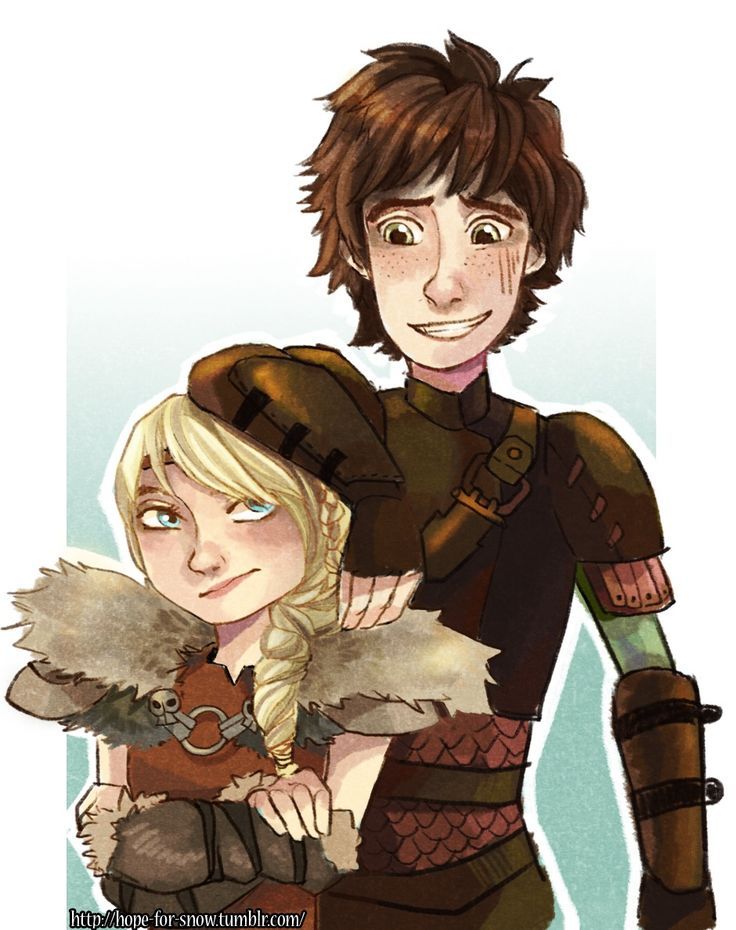 When you perceive a 'weakness,' think about how this is a strength in another area that you were most likely attracted to initially."
When you perceive a 'weakness,' think about how this is a strength in another area that you were most likely attracted to initially."
Related:
7 Signs Your Husband Needs A Fun-tervention
5 Signs You Need Couples Therapy
The 14 Absolute Best Things About Dating A Short Guy
"Honest journalists walk around the edge." How Elena Safronova survived the death of her husband, a journalist, and is waiting for the release of her son Ivan
Photo by Safronovs family archive
Yelena Safronova 15 years ago survived the death of her husband Ivan Safronov, a military observer for Kommersant. She thought that the worst thing in her life had already happened until the FSB detained her son. He also worked as a journalist. The family does not believe in either the official version of the suicide of Safronov Sr., or in the allegations of passing state secrets against Safronov Jr. For Elena Safronova, the main secret is how and to whom her husband and son interfered.
"I write to him every week. I sit down, take a pack of pills, shedding tears, I write that everything is fine with us, that I take care of children, that I work, that I love him, that I do not blame him for anything. And I think that it could be worse. "The main thing is that you are alive, healthy, and I am always there, no matter what happens," - this is how Elena, the mother of journalist Ivan Safronov, lived for the last two years. With her son arrested on charges of treason, she can communicate only by letters, the investigators did not allow them to make calls or visits.
During this time, she saw Ivan once: in August, when she appeared in court as a witness. She was afraid to look at her son behind bars and not hold back: “When he sees my tears, he will be even more upset. I can’t unsettle him.”
Elena Safronova is 66 years old and a teacher of German at a Moscow school. She was born in the capital and has lived almost all her life on Taganka, where she works not far from home. She has two adult children, after school she babysits her grandchildren.
She has two adult children, after school she babysits her grandchildren.
This story seems to be similar to the lives of millions of such families. Who can say that they live safely. Elena Safronova says so, but all the time in the past tense: "We lived well, lived happily."
Photo author, Safronovs family archive
Photo caption,Elena Safronova with her children Ivan and Irina
Fifteen years ago her husband died. Her son has been in prison for two years.
Ivan Ivanovich Safronov, Sr., retired colonel of the military space forces, for the last 10 years of his life worked as a military observer for the Kommersant newspaper. Shortly before his death, he was going to write a text about the secret deliveries of Russian weapons to the Middle East, for which, as he himself said, he could get a criminal case on the disclosure of state secrets. He did not send the text to the editor. On March 2, 2007, he fell out of the window of the entrance of his house.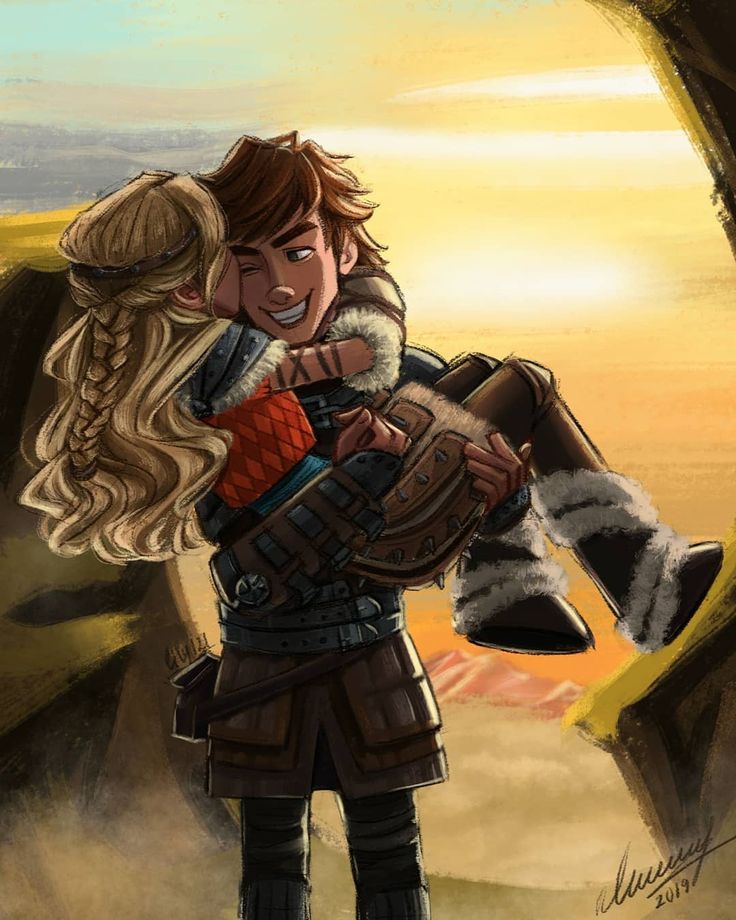
Elena Safronova's son, Ivan Ivanovich Jr., also worked as a military observer for 10 years, in the same Kommersant newspaper. In the editorial office, he sat at the same table as his deceased father. In 2020, Ivan Safronov decided to leave journalism and take up space as a civil servant. My father became a journalist, moving to Kommersant from the press service of the Military Space Forces. The son was invited to work at Roscosmos, to be responsible for information policy. He did not work there even for two months; on July 7, 2020, he was arrested on charges of treason. And on September 5, 2022, the court found him guilty and sentenced him to 22 years in a strict regime colony.
- Court sentenced journalist Ivan Safronov to 22 years in treason case
- Ivan Safronov is on trial for journalism. This was proved by the FSB itself with the materials of the treason case
"Promising profession"
Skip the Podcast and continue reading.
Podcast
What was that?
We quickly, simply and clearly explain what happened, why it's important and what's next.
episodes
The End of the Story Podcast
When asked how she sees the profession of a journalist after everything that happened to her husband and son, Elena Safronova almost in a whisper answers: “No way. There shouldn’t be such a profession. In our conditions, such a profession does not make sense. "Honest journalists walk on the edge. Those who are used to doing someone else's will will live and prosper. All the rest, as objectionable, will be eliminated."
Yelena Safronova and her eldest daughter Irina repeat: "They say shells don't fall into the same crater." Then they immediately add: with Ivan Safronov, Jr., "the shell fell differently, thank God, he is alive and well." Elena still repeats the question: "For what?".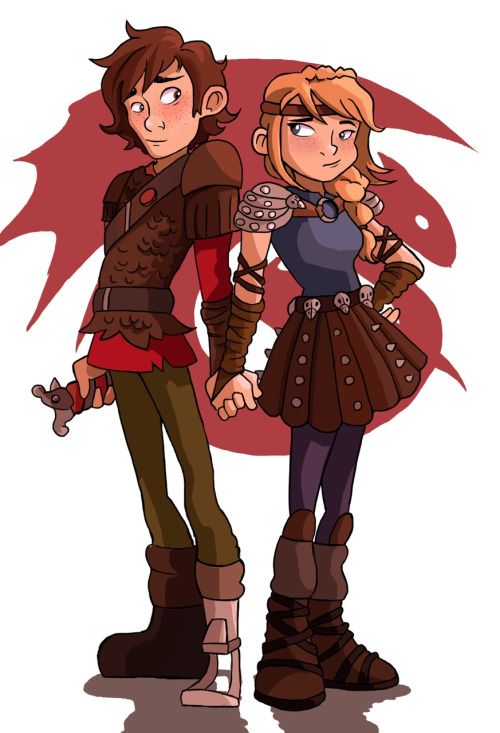 She answers herself like this: "I am paying for the fact that I was too happy. Everything went well, everything worked out."
She answers herself like this: "I am paying for the fact that I was too happy. Everything went well, everything worked out."
Elena and Ivan Safronov Sr. met in the first grade, but Ivan began to show attention to Elena closer to graduation. "I could open a briefcase, and there were flowers or chocolate," she says. Elena did not take these courtship seriously.
He confessed his feelings to her on the morning after graduation. By phone. First he put a bunch of lilacs under the door, pressed the bell and ran away. Father opened. Seeing the flowers, he called his daughter. “I came out, I think: well, everything, just like Ivan. In the evening he called and said:“ I love you, ”says Elena.
They met on the same evening. Elena invited her classmate to think: “I say: you and I are still young, you still know how many good girls and all the rest will be. I don't need anyone?"
The author of the photo, Safronovs family archive
Photo caption, Ivan Safronov Sr.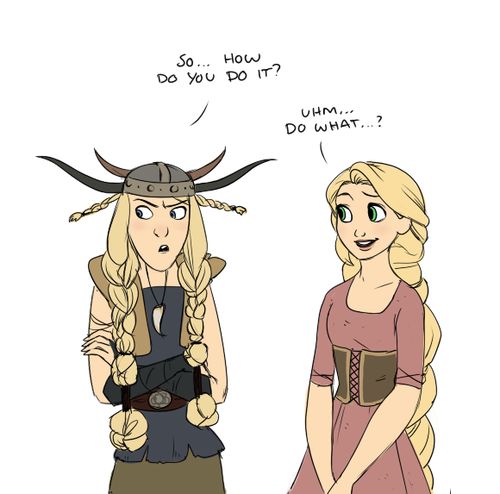 in military uniform
in military uniform
Ivan Safronov Sr. was a humanist at school and loved history. He also wrote poetry. engineering specialty "operation of electronic computers" and, moreover, to the Military Academy named after F.E. Dzerzhinsky (now the Military Academy of the Strategic Missile Forces named after Peter the Great).The 74th, according to an experiment, also accepted school graduates, and not just military schools.
He shared his plans for life with Elena the same evening, declaring his love. She thinks that Ivan chose a specialty under the influence of his parents: “He was always my mother’s son. He listened to what his parents advised. And he simply told me in plain text: “You see, this is a promising profession. You and I will get married anyway, we will have a family, I have to provide for you." height 1.89, too large for a military pilot. Nevertheless, everything related to aircraft and space was and remains his dream.
More than forty years later, Ivan Safronov Jr. will tell his mother that he decided to go to work at Roskosmos: "to be closer to dad."
will tell his mother that he decided to go to work at Roskosmos: "to be closer to dad."
"Decembrist"
That conversation about the future after graduation did not become the beginning of Elena and Ivan's relationship. The closeness of the military academy paradoxically helped her feelings. “For the first time I felt that somehow something was missing in my life. Naturally, I began to go to him in the barracks, on weekends and so on. He ran away from the barracks, ran away AWOL, ran away to congratulate me happy birthday, March 8th, and everything else," she says.
Ivan married Elena in his third year - at this age the cadets of the academy were released from the barracks and allowed to live at home. They signed at the Tagansky registry office on August 12, classmates were witnesses, Elena is still friends with them.
"Always, when he even came late or not late from work, both in his youth, and now - he lifted it in his arms and twisted it like this with outstretched arms. I had 46 kilograms when I married him, and he was almost two meters tall and quite a large, large and strong man," says Elena Safronova.
I had 46 kilograms when I married him, and he was almost two meters tall and quite a large, large and strong man," says Elena Safronova.
Photo author, Safronovs family archive
Photo caption,Wedding of Elena and Ivan Safronov
After graduating from the academy, Ivan Safronov was assigned to the Far East, to a military unit in the village of Galenki, 30 km from Ussuriysk. “So this is how the homeland needs to be. Everywhere people are needed,” Elena says about this. “The only thing he said was “You won’t go with me right away.” He left six months earlier, because “you need to graduate from the institute, as I Will I pluck?".
For almost a year the newlyweds lived separately. Ivan called once a week when he came to Ussuriysk, there were no telephones in the village. They talked for an hour.
In Galenki, Lieutenant Safronov became an engineer in a separate command and measurement complex. A year later, Elena graduated from the Maurice Thorez Moscow Institute of Foreign Languages (now MSLU) and went to her husband.
"It was 1980, I was also forced to work a little at the Olympics. After that I took a ticket and flew, and I don't regret a single day. I'm with my husband. He laughed all the time, said:" You are a Decembrist. not a Decembrist. I never regretted that I went with him, "she says. In part, Safronova's wife helped officers who studied in absentia with foreign languages, wrote coursework and control papers for them.
A year later, in April 1981, Irina appeared. "We laugh all the time, we say, 'You're not a Muscovite, you were born in the village of Galyonki, Ussuri Territory,'" says Elena.
children were not removed from there, and the newborn Irina fell ill with pneumonia.On the fifth day after birth, she and her mother were sent to the children's clinical hospital in Ussuriysk.
Every day in the morning Ivan came to the hospital in Ussuriysk from the military unit, brought Elena herself lost her milk. She gave her husband a bale of diapers, he returned to work, washed and ironed the diapers at night and went to the hospital again in the morning. This went on for a month and a half. sepsis, but she was released. "My parents got me very hard," she says herself.0011
This went on for a month and a half. sepsis, but she was released. "My parents got me very hard," she says herself.0011
The author of the photo, Safronovs family archive
Photo caption,Elena and Ivan Safronov with their daughter Irina
Elena did not know that Elena's father had died in Moscow while she was nine months pregnant: "I called home and said "Mom, why doesn't dad pick up the phone? - And he is at work, and he left, if we knew that you would call today. He would, of course, stay at home. " Elena went to Moscow two months after the birth of her daughter, to show her to the capital's doctors after suffering pneumonia.
"When we arrived, I was met by my mother and mother-in-law, Vanya's mother. But my father wasn't there. I didn't expect that my father wouldn't come to meet me with his granddaughter in his arms. It was unbearable. Mom said: "Let's go home, I will I'll tell you everything there. "We arrived, the mother-in-law took the child. And my mother's mirror is curtained in black. I just fainted," says Elena. Before his death, the father asked not to tell his daughter anything - "so that a healthy child is born."
And my mother's mirror is curtained in black. I just fainted," says Elena. Before his death, the father asked not to tell his daughter anything - "so that a healthy child is born."
More than 20 years later, Irina experienced the same thing. They tried to hide from her that her dad died by falling out of the window. She was pregnant with her first daughter at the time. At the funeral of her father, she, like her mother, was not.
"Never in my life"
The family lived in Galenki for a total of four years. In 1983, the Ministry of Defense gave Ivan Safronov Sr. a transfer to the Moscow Region - by that time he had only one elderly mother left in the capital. She wrote letters to the ministry, asking her to move her son closer.
Safronov was sent to Krasnoznamensk near Moscow as an engineer of the department of the Main Test Center for Testing and Control of Space Facilities named after GS Titov. The family returned to Moscow.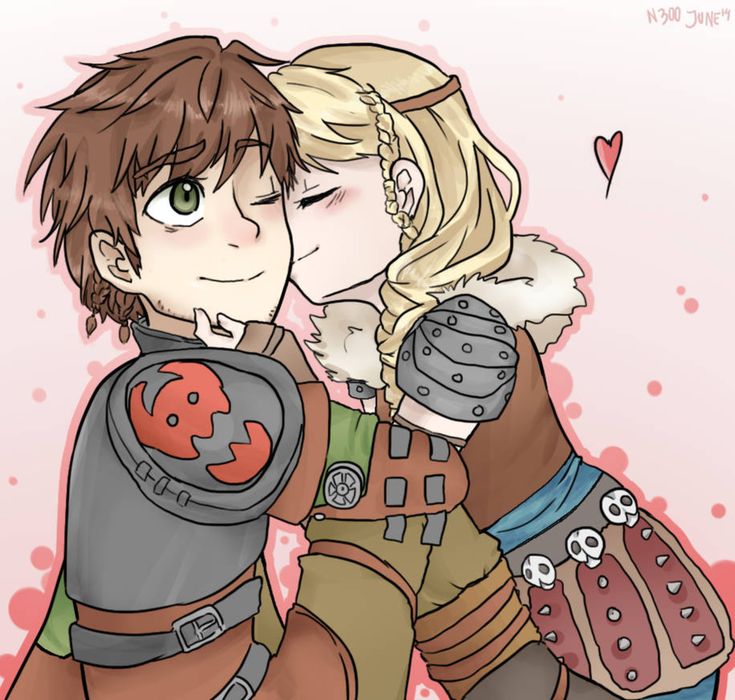 At 19In 1990, a son, Ivan, was born.
At 19In 1990, a son, Ivan, was born.
"Heir, it was generally just fireworks, immense happiness," says Elena. mom or dad, it's not clear what - and he: "You see, he says" dad ", I was the first to be called."
Father's salary was delayed, Elena worked at the school and was engaged in translations. like this typewriter - tyh-tyh. Grandmother is sitting, knitting on a typewriter - jih-jih. The apartment is small, they survived as best they could," recalls Irina.
Ivan Safronov Sr. did not deviate from the principle "children should always live better than their parents." Ira ran into the memory of how their parents bought them bananas in the 1990s, which then cost crazy money.
Photo author, Safronovs family archive
Photo caption,Irina Safronova leads her brother Ivan to first grade
Since January 1993, Ivan Safronov Sr. were an independent branch of the military. Already at that time he wrote articles in newspapers and magazines under pseudonyms. “At home, he showed them to everyone. It seemed to him that this was his real, he wanted them to accept it,” says Irina. But Ivan Safronov also loved military service. I proudly donned my uniform. Favorite movie - "Officers".
“At home, he showed them to everyone. It seemed to him that this was his real, he wanted them to accept it,” says Irina. But Ivan Safronov also loved military service. I proudly donned my uniform. Favorite movie - "Officers".
He retired when the Space Forces began to merge with the Rocket Forces. Safronov spoke out against it - he believed that space forces had their own capabilities, and they needed to be developed, and unification would not be beneficial. In October 1997, he retired from the reserve with the rank of lieutenant colonel.
He was invited to Kommersant by Ilya Bulavinov, who then headed the newspaper's political department. Bulavinov knew Safronov from some of his texts and turned to him for advice as a specialist.
The salary compared to the military salary was much higher. Safronov was 39 at the time, he had never worked as a journalist before, but he dived into a new profession and ended up in his place.
Photo author, Safronovs family archive
Photo caption,Irina with her father Ivan Safronov at the ILA exhibition in Berlin
For his first salary at Kommersant, he and his wife went to buy her a sheepskin coat.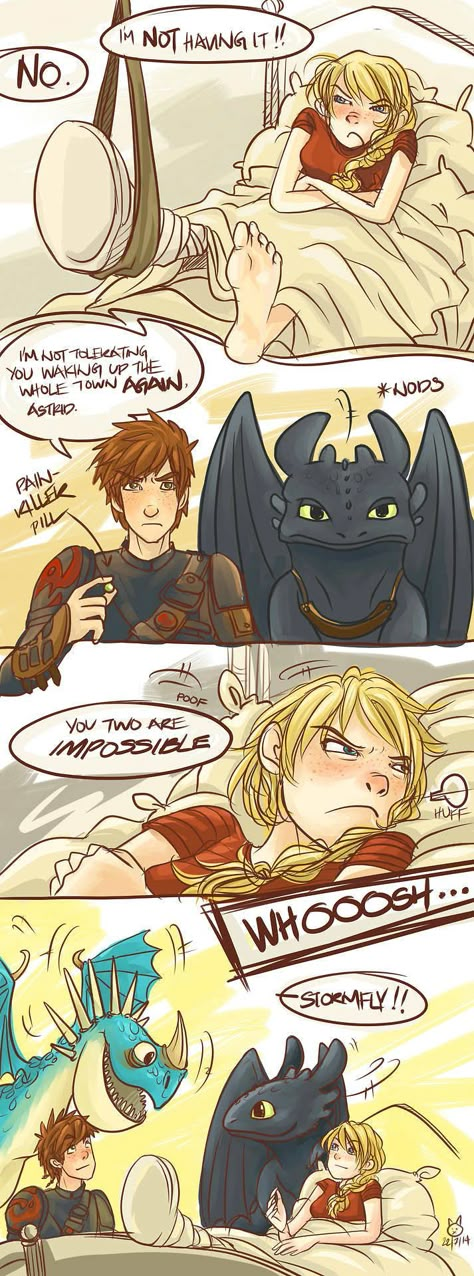
By the mid-2000s, Ivan Safronov Sr. had already taken his son on business trips to exhibitions several times. He said that he was very interested, but he had not yet decided who to be. Together they went to MAKS in Zhukovsky - daughter Irina worked there as an employee of EADS (future Airbus Group). “I am also with airplanes, the roar of engines is right up to the shudder,” she says.
One of the brightest stories about her relationship with Ivan Safronov Sr. Elena calls the surprise he arranged for her on her anniversary.
There was no mood to celebrate. “At 50, like any woman, I was terribly worried. I had a terrible depression absolutely. She said: that’s it, I’m old. He came home and says: “Well, okay, I understand that you don’t want to celebrate your birthday. If you don't want it, don't. Let's go and sit quietly together in a restaurant, have dinner." We came to the restaurant. The waiters greet me. I say: "Vanya, what is this?" He: "I have no idea. Well, you probably look so good." We enter the hall - he bought the whole hall. And there are all our friends, the whole family, all with balloons, with fireworks, with a fountain. There are no forces, there is no special money. I say: "Vanya, you're crazy." He: "So what! Yes, I've lost my mind. "Everything just vanished, you understand?"
Well, you probably look so good." We enter the hall - he bought the whole hall. And there are all our friends, the whole family, all with balloons, with fireworks, with a fountain. There are no forces, there is no special money. I say: "Vanya, you're crazy." He: "So what! Yes, I've lost my mind. "Everything just vanished, you understand?"
The author of the photo, Safronovs family archive
Photo caption,A family on an anniversary. From left to right: Maxim Kovyazin, Irina Kovyazina (Safronova), Safronov Sr. with his wife Elena, Safronov Jr. with his ballroom dance partner go on a trip. “I always had this thought: “Vanya, what a blessing, how lucky we are,” says Elena. I think, Lord, for what, why? Why am I alone again? Why isn't he around? Why did he leave like that? Who did he hurt?"
Elena assures that she had no reason to worry - they loved Ivan Safronov Sr. at work, he did not talk about any problems. His family does not believe that he could have committed suicide. “They tell me that this is most likely suicide. I say: are you out of your mind? A man of sound mind, in a loving family, with a 17-year-old son, with a pregnant daughter, with a beloved wife and a sick mother. He committed suicide to leave it all without your support and your strength? It had to be I don't know who. Never in my life. Never in my life. "
“They tell me that this is most likely suicide. I say: are you out of your mind? A man of sound mind, in a loving family, with a 17-year-old son, with a pregnant daughter, with a beloved wife and a sick mother. He committed suicide to leave it all without your support and your strength? It had to be I don't know who. Never in my life. Never in my life. "
"Head to the entrance, feet to the road"
On March 2, 2007, Ivan Safronov was found at the entrance of his five-story building on Nizhegorodskaya, 9 in Moscow. Investigators concluded that he fell from a window in a flight of stairs between the fourth and fifth floors.
Safronov Sr. returned from the IDEX-2007 exhibition in Abu Dhabi, United Arab Emirates on February 24, where he felt unwell - he suffered from stomach pains. “He had very strong gastritis attacks. He didn’t arrive. We insisted that he take a sick leave,” says Elena.
He was on sick leave for a week and started to recover. Irina was the last of the whole family to see her father on the day of his death, before he went to the doctor. She was eight months pregnant.
Irina was the last of the whole family to see her father on the day of his death, before he went to the doctor. She was eight months pregnant.
"I was on my way to work, I was already taking maternity leave there, and I needed some documents. And since my husband Maxim and I lived in a rented apartment, there was no computer there, nothing. My parents just had a desktop computer I stopped by, finished something at work. I told him: “Dad, I don’t have time to get up, throw me off the third one.” I drove up, parked and walked just a couple of steps, he looked out, threw me a disk and said: “Come on , everything, says, daughter, carefully, please, until the evening, I'm going to the doctor today. "
Ivan Safronov Sr. went to the doctor, from there he called his wife and said that he was being prepared for discharge. An ulcer was not found in him, abdominal pains were an exacerbation of chronic gastritis. "He says:" I'll go to my mother, I'll bring her fruits, and you, if it's not difficult for you, go to the Rogozhsky market after work, buy cottage cheese, I really want cottage cheese. "I say - fine. That was the last conversation," says Elena .
"I say - fine. That was the last conversation," says Elena .
Photo author, Safronovs family archive
Photo caption,Ivan Safronov Sr. at MAKS
Ivan Safronov's son is gnawing guilt over two situations with his father - on the eve of his death and on the day of his death. “The first happened on the evening of March 1 - dad wanted to tell me something, but I didn’t hear anything because I was distracted by TV. It’s a shame,” he says in a letter. this day, I was supposed to be home around 3:30 pm But I stayed at school - they offered to play volleyball in the gym. I agreed by texting my father that I would come right after training. If I had not stayed at school, then by 16:00 I would have been at home. Forensic experts found that my father died at 16:15. And the question: what would happen if I went straight home, haunted me for years. "
Elena describes the house where they lived as follows: a brick five-story building, a small courtyard where everyone knows each other, children play in the courtyard all the time.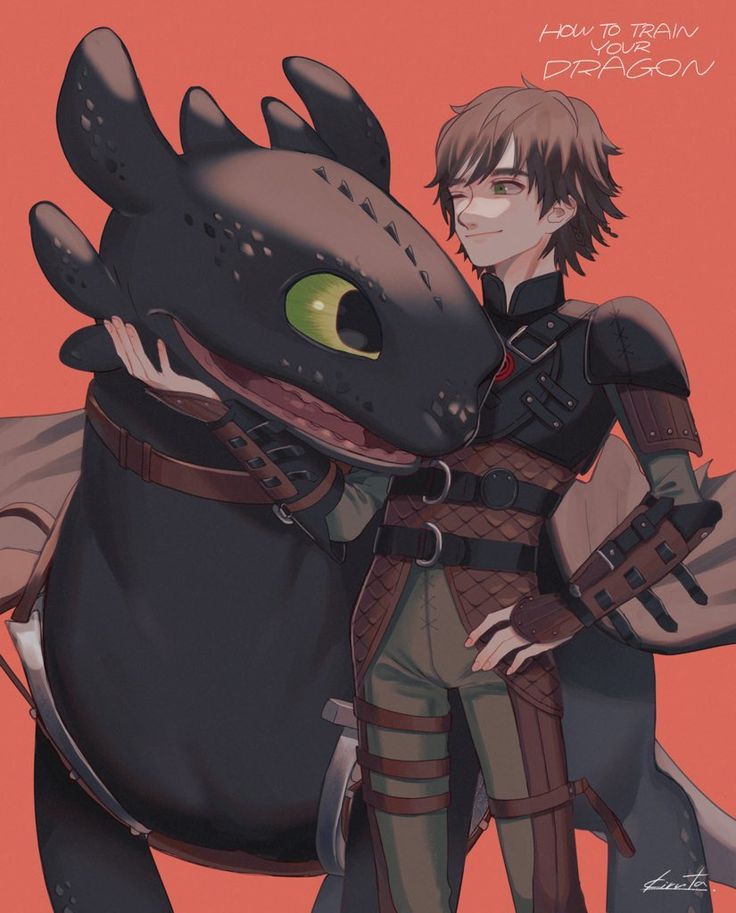 That day the yard was empty.
That day the yard was empty.
"I go to the entrance, and he lies with his head to the entrance, his feet to the road. Cold. And there is no one around. My colleague was walking from work, saw me, ran up. while they were waiting for them all to arrive. Lying, not with his back, as he jumped, with his head there [to the road], but with his head to the entrance. What? How? Nothing is clear. "
Neither the investigators nor the Kommersant correspondents who tried to conduct their own investigation found any witnesses that someone had entered the house after the journalist, or anything suspicious at all. “No one saw anything, heard nothing. In the dog house, not a single dog barked. - Elena Safronova finds such collective silence strange.
"Calling about the discovery of a body"
The investigators asked her to tell her daughter what had happened. "I found strength in myself. Daughters in any case, she is pregnant, you can not call. " She called her son-in-law Maxim Kovyazin: "She said:" Maxim, we have trouble, our father died. First, take care of Ira, and then, if you can, come to me."
" She called her son-in-law Maxim Kovyazin: "She said:" Maxim, we have trouble, our father died. First, take care of Ira, and then, if you can, come to me."
Maxim persuaded his wife to go to the hospital for preservation. He said about his father that he had a heart attack and he was in the hospital: "Mom gathered all her will into a fist, said: "Come on, don't worry, everything is fine there."
The TV was removed from Irina's room so that she would not accidentally find out what had happened. "Everything turned out to be more than tragicomic, on the fourth day my boss called me. "Ir, I just found out, flew in, accept my sincere condolences." Here, it means that my visor falls. And at this moment, as in the series, the door opens ward, and Vanya comes in with a huge bouquet of flowers and Maxim follows him in. And I turn my eyes at them and say: “Now sit down and tell them what happened.”
funeral. How exactly he died, Irina learned from her husband only after the funeral.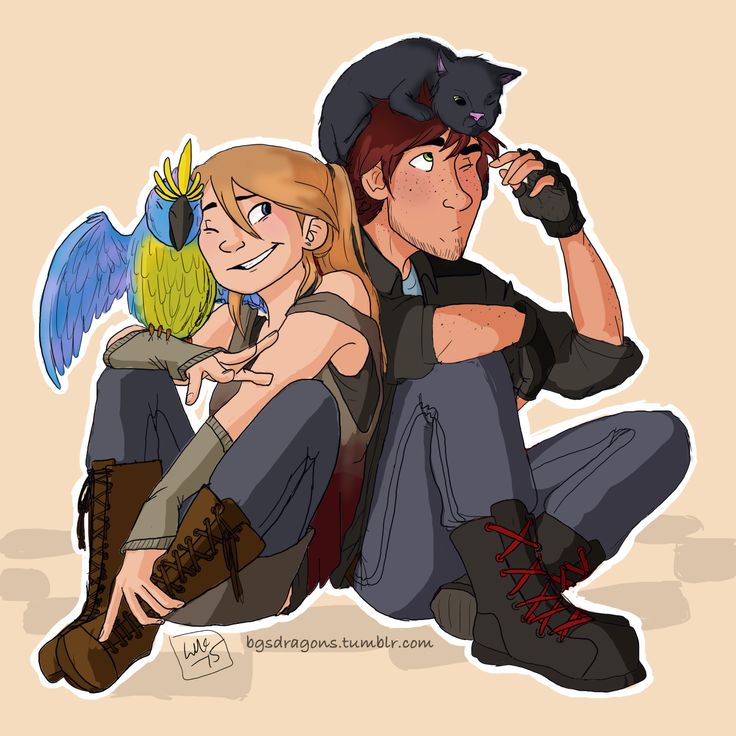 0011
0011
The author of the photo, ITAR-TASS/Marina Lystseva
Photo caption,Ivan Safronov three days before his death
Kommersant helped with the funeral. The mother of Ivan Safronov Sr. had dementia. She did not realize that her son was dead. "At the funeral, she thought it was some kind of anniversary. She says:" Where are you taking me? Let's dance again. "I could hardly restrain myself. Maxim is next to me, on the other side Vanya," Elena recalls.
She was left alone with her seriously ill mother-in-law in her arms. “Mom. She withstood it all, I still don’t understand how. She said that the most important thing is to endure at first. And we endured: she created all the conditions for me to be concentrated on my studies,” wrote in letter from the pre-trial detention center Ivan Safronov Jr.
The mother-in-law was excruciatingly ill, her consciousness was confused - but before her death she nevertheless realized that her son had died: "Before her death, she came up to me at night and said:" Len, where is Vanya? I say: "Mom, let's go to bed.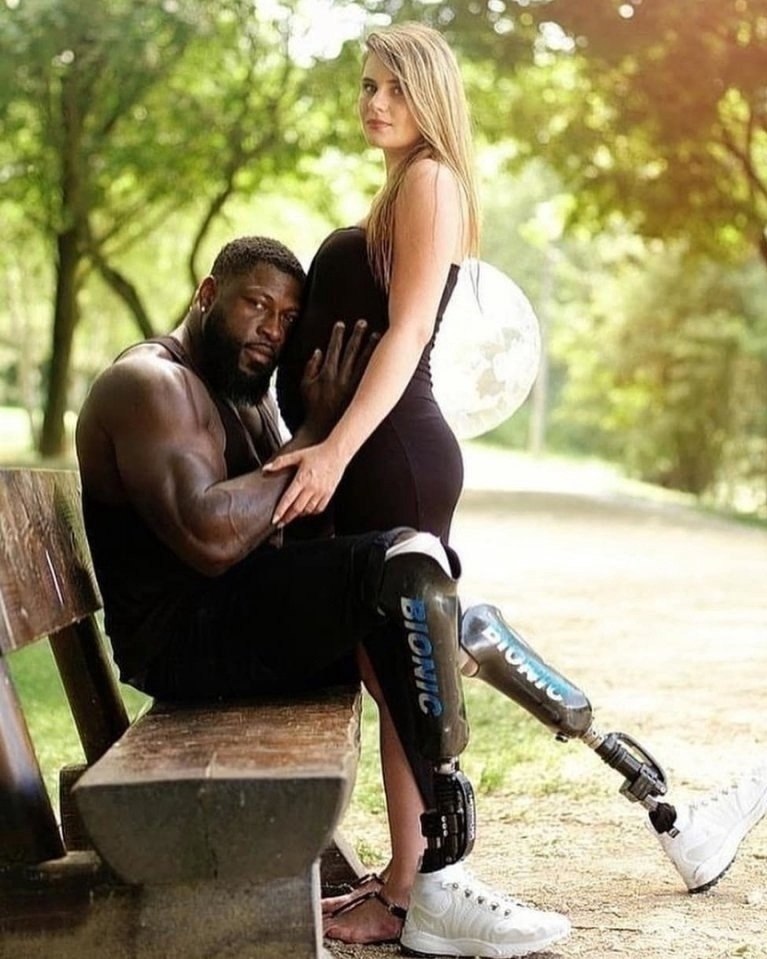 I'll tell you later, he's on a business trip." She looked at me and said: "So it's true that he's not there?"
I'll tell you later, he's on a business trip." She looked at me and said: "So it's true that he's not there?"
"I kept saying, 'Vanya, you know that dad is not to blame for anything. Unfortunately, we do not know what happened to dad. It could be anything. But it happened, you know? Therefore, let's not go back to this, "this is how Elena Safronova spoke to her son about the death of her father. He agreed that the main thing is to remember dad and understand that this is not suicide at all.
The author of the photo, Safronovs family archive
Photo caption,Ivan Safronov (center) with his son (right)
Colleagues of Ivan Safronov Sr. wrote that he was preparing a material about secret arms supplies from Russia to Syria and Iran. He said that he could be prosecuted for disclosing state secrets for this text. The article never appeared in the newspaper. Some are sure that he was killed precisely because of this topic.
Neither the father nor the son of the Safronovs told the family about the details of the work. The investigators, according to the family, were only interested in standard questions: what kind of Ivan Safronov was, did he have enemies, were there family conflicts.
The investigators, according to the family, were only interested in standard questions: what kind of Ivan Safronov was, did he have enemies, were there family conflicts.
Everyone was interrogated once, and Irina received a call only five years after her father's death. “I remembered these words for the rest of my life: “We are calling you about the discovery of the corpse of Ivan Ivanovich Safronov.” And that’s all. It didn’t even occur to me that this was my father, that it was about my father. I have one thing in my head - how will I tell my mother what to do now? What a nightmare, what a horror. And then they apparently hear that I fell silent. They say: "This is the case of 2007."
Irina went to that interrogation together with his brother. At the same time, they were shown footage from outdoor surveillance cameras near the house. "Surveillance cameras, a few minutes after the death of my father, recorded two men leaving the entrance. Their faces have been recorded," Ivan Safronov Jr.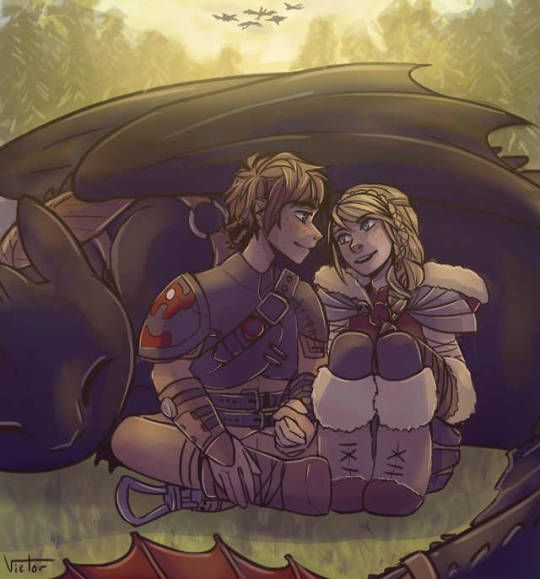 wrote about this in a letter. The family still does not know about the state of the criminal case on the death of his father.
wrote about this in a letter. The family still does not know about the state of the criminal case on the death of his father.
Yelena Safronova says that one of the soldiers who served with her husband was offended by his family. The colleague believed that the Safronovs should have sought an investigation into Ivan’s death: “He stopped talking to me. Why didn’t you initiate?” The investigator called me once in my life and talked for three minutes. But since you are worried there, well, initiate it? ended, left, since then he did not call, did not write.
"So that the story with dad does not repeat itself"
After the death of his father, Ivan Jr. was invited to Kommersant by the same Ilya Bulavinov. According to sister Irina, Bulavinov still constantly says: "It's me, I feel guilty, I brought him there." The family answers that it was destined to be so and that he extended his hand at a difficult moment.
The 17-year-old school graduate was first hired as a courier. He took his father's place after the second year of university. "Ilya Bulavinov invited me to do an internship. Even then I understood that I wanted to work at Kommersant, but desire alone was not enough. Ilya reassured me: "You are always brought into journalism by the hand," Ivan Safronov writes about this in a letter.
He took his father's place after the second year of university. "Ilya Bulavinov invited me to do an internship. Even then I understood that I wanted to work at Kommersant, but desire alone was not enough. Ilya reassured me: "You are always brought into journalism by the hand," Ivan Safronov writes about this in a letter.
Student took in the department of politics, it was then headed by Gleb Cherkasov. He said to Ivan: "I think it would be right if you tried to write about space." "In space, I did not understand anything. But agreed. Mom, by the way, always opposed: it would be better, they say, I took up sports journalism, "says Ivan.
The author of the photo, Safronovs family archive
Photo caption,Ivan Safronov with his son (in the foreground)
Elena claims that she was not against it, and it is not customary to break children in their family. The wishes of the son were listened to. But she was very worried.
"I tell him, 'Vanya, I'm very afraid that the story with dad won't happen again. We don't really know what happened to dad. But there is a very strong suspicion that something went wrong precisely because of the information he obtained, - Elena recalls a conversation with her son. - When Vanya started working, started writing, and also on military topics, I told him: “Van, I don’t mind that I went into journalism, but there are still a lot of topics. Art. You understand it, you don’t climb out of theaters "The sport you love. Maybe we'll write there?"
We don't really know what happened to dad. But there is a very strong suspicion that something went wrong precisely because of the information he obtained, - Elena recalls a conversation with her son. - When Vanya started working, started writing, and also on military topics, I told him: “Van, I don’t mind that I went into journalism, but there are still a lot of topics. Art. You understand it, you don’t climb out of theaters "The sport you love. Maybe we'll write there?"
Ivan answered: "Mom, I'm interested in what I'm doing now." To which his mother warned him: "If something happens to you, I will not survive." "You will never be ashamed of me, and you will never worry," Ivan promised her.
Ivan Safronov succeeded in becoming a "son of a regiment" at Kommersant, both his colleagues and himself believe so. “I was young and green, they surrounded me with care and patience. God knows - and I repaid Kommersant in full: all the years that I worked there, I gave myself entirely. It was just for me it was more than work: it was personal deed," says Ivan Safronov in a letter from the pre-trial detention center.
It was just for me it was more than work: it was personal deed," says Ivan Safronov in a letter from the pre-trial detention center.
Every time he wrote a text, he thought about what his father would do in his place, what he would pay attention to and, as it were, turn the subject around. Ivan was sitting at the same table as his dad, his father's photographs hung over the monitor.
He quickly grew from small texts to front-page stories, his sister recalls. “I knew that my work would be constantly compared with the work of my father. This gave an incentive: my father gave me start-up capital, but I had to increase it myself,” Ivan explains in a letter.
The author of the photo, Anton Novoderezhkin/TASS
Dad didn't teach him to write notes, but his son took on some of his father's qualities. “If anyone heard me talking to people on the phone, then I always start the conversation with the word “Dear”. That’s how my father started.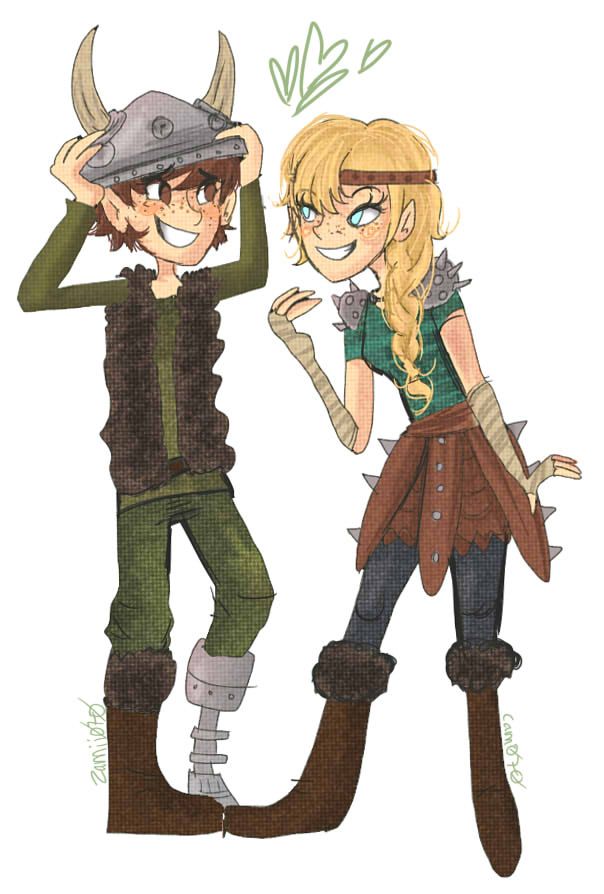 It happened somehow unconsciously, but became an integral part of me,” says Ivan. He never saw his father raise his voice at anyone - he tried to behave the same way. From dad, I learned to treat all difficulties with a smile.
It happened somehow unconsciously, but became an integral part of me,” says Ivan. He never saw his father raise his voice at anyone - he tried to behave the same way. From dad, I learned to treat all difficulties with a smile.
"There were enough difficulties in the profession: there were plenty of sticks in the wheels. For example, offers "to cooperate on a commercial basis" from representatives of the military industry - here Ivan writes about his father, but he had to face the same difficulties in his work. - Or that the fact that he was interrogated periodically for revealing some information. I always had a copy of his summons for questioning on my desktop as a reminder to be careful."
Ivan Safronov Jr. already in 2011, after two years of work at Kommersant, was called to the General Staff of the Ministry of Defense because of his series of materials about the loss of the Geo-IK-2 military satellite. He was still a student then.
Elena says that a terrible fear for her son, who went into journalism, sat in her all the years of his work as a journalist: in a normal country".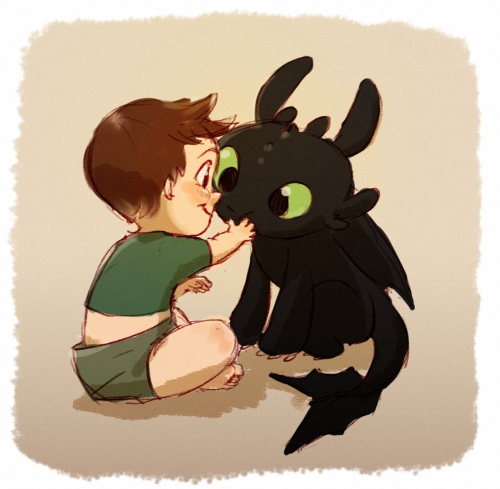
Photo by Sergei Goryashko
Photo caption,Ivan Safronov at the editorial office of the Kommersant newspaper
As his mother recalls, the only time Ivan came home from work was upset and told about his problems in the spring of 2019. He sat her down in front of him and explained: “Mom, let me tell you so that you don’t find out from someone what is happening. I am accused of publishing false information, although the information was absolutely accurate.”
The case was in the material about the possible resignation of the head of the Federation Council Valentina Matvienko. Safronov was required to give the names of his sources. He told his mother that he would never do this. "Nothing terrible happened. I'm leaving by agreement. I won't be left without a job. You have no reason to be nervous. I gave 10 years to Kommersant, it's a little unpleasant for me," Elena retells her son's words.
Together with his friend and colleague Maxim Ivanov, he was fired from the newspaper by decision of a shareholder. Following them, the entire department of politics left. Ivan found a new job a few months later - Ilya Bulavinov, who at that moment was already the editor-in-chief of Vedomosti, called him to him. Again.
Following them, the entire department of politics left. Ivan found a new job a few months later - Ilya Bulavinov, who at that moment was already the editor-in-chief of Vedomosti, called him to him. Again.
"I won't cry in front of you"
Elena says that after her dismissal from Kommersant, her son died out a little, and it was no longer so interesting for him to work. He began to think about changing his profession, because he did not see any prospects for working as a journalist further. Less than a year later, he left Vedomosti, when the editor-in-chief was replaced there. Then he received a job offer from Dmitry Rogozin, who headed Roskosmos.
"You know, I'm a little scared. Firstly, they offered me good conditions. And secondly, you know, well, you know, all my life my father's dream was to be closer to space. Maybe I'll make it come true, he it will be easier there, "- this is how the son explained his choice, Elena recalls. Ivan and his family were tested for three months before he could start a new job.
Ivan and his family were tested for three months before he could start a new job.
He did not have time to do anything there: Ivan started his new job in mid-May, on his thirtieth birthday. On July 7, FSB operatives detained him on suspicion of treason.
The family considers the accusation absurd. “He was proud of his grandmother all his life, who carried the wounded in the war on her shoulders, he was proud of his grandfather-veteran all the time. He is a patriot just like his father, to the marrow of his bones. If he criticized something or did something "So that it would be better! He never gave out anything secret to anyone. Vanya, what kind of secret could he find out? Who did he cross the road to?" - can not understand his mother.
Image copyright Vedeo screenshot FSB Press service/TASS
Photo caption,FSB operatives detained Ivan Safronov on July 7, 2020 on his way to work
Ivan spent two years in the Lefortovo pre-trial detention center, communicating with his family only by letters - he was never given calls or visits.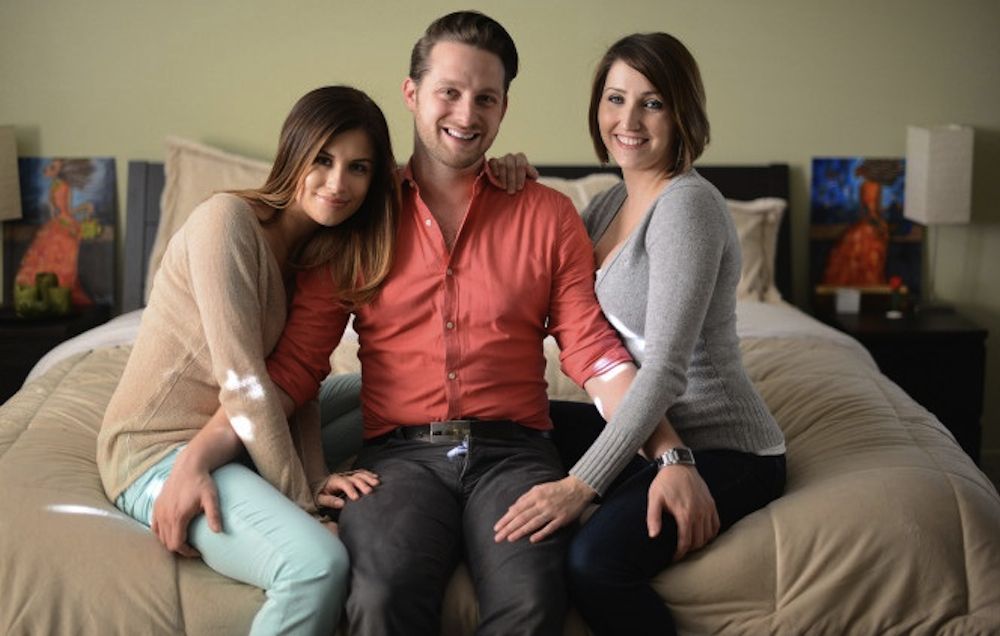 FSB investigator Alexander Chaban offered Ivan to hand over the names of the sources of his materials in exchange for a call to his mother. Formally, the special service claimed that the case had nothing to do with journalistic activity. The essence of the accusations was not officially disclosed by the FSB. Evidence of the guilt of the journalist - too. The matter is secret.
FSB investigator Alexander Chaban offered Ivan to hand over the names of the sources of his materials in exchange for a call to his mother. Formally, the special service claimed that the case had nothing to do with journalistic activity. The essence of the accusations was not officially disclosed by the FSB. Evidence of the guilt of the journalist - too. The matter is secret.
On the day Ivan was arrested, his mother and sister were at the dacha. The search was also carried out in their house, the investigators came in front of Irina's children. The younger Sasha did not want to leave the house after the incident. He told his parents and grandmother: "If I leave, other people's uncles will come and take either me or one of you."
The eldest Stasya was afraid to go to school in September 2020 - she didn't want questions from her classmates. They eventually told her: “Stasya, we know that this is your uncle, he was at school, at all holidays. We all don’t believe in this, and parents don’t either. Don’t even worry, everything will be fine, ”- says Elena Safronova.
Don’t even worry, everything will be fine, ”- says Elena Safronova.
The author of the photo, Sergey Fadeichev/TASS
Photo caption,FSB investigator Alexander Chaban (left) and Ivan Safronov at the exit of the Lefortovo court Ivan. Elena claims that the security forces were delicate, they suggested that she call a doctor.
She was surprised by the meeting with investigator Chaban during interrogation. “He was dumbfounded when I came to him with a lawyer. He stared at me and said: are you Safronov’s mother? I say: who did you expect to see? I’m just wondering what they told you about our family? "That I'm not in leopard coats and without diamonds?" she says.
Investigator was not found with an answer. Elena Safronova warned him that she was not going to testify. “I won’t say a word because I don’t know how my words can be interpreted. It’s hard for me to be in your building, not to mention talking about my son. And I won’t cry in front of you,” she said . This ended the investigation.
This ended the investigation.
Car of white sweaters
Only his fellow journalists could find out what Safronov was presented with. The former special correspondent of Kommersant and Vedomosti was charged with transferring secret data to Czech citizen Martin Larysh and German political scientist Demuri Voronin. Both FSB considers intelligence officers.
In an interview with the BBC, Larish denied any connection with intelligence, he worked as a journalist in Moscow, and that is how he met Safronov. Voronina was detained by the FSB in February 2021, during the investigation he confessed to working for German intelligence, but refused to testify in court.
- The trial of Ivan Safronov: what is written in the indictment?
The Proekt publication, which was declared an undesirable organization in Russia in 2021, found out that Safronov's indictment refers to the transfer of seven files with classified information about Russia's military-technical cooperation with several countries.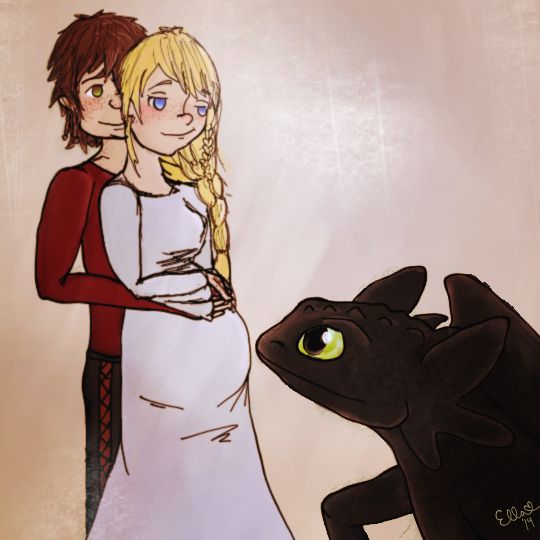 At the same time, almost all the information that Safronov passed on to Larysh and Voronin, and which the investigators qualify as a state secret, is in the public domain (in the media and on the Internet), Proekt claims.
At the same time, almost all the information that Safronov passed on to Larysh and Voronin, and which the investigators qualify as a state secret, is in the public domain (in the media and on the Internet), Proekt claims.
Ivan pleaded not guilty. "Father said that you need to be honest with yourself. Perhaps it was precisely this advice of his -" covenant "that allowed me to make the only possible choice when they put me in a pre-trial detention center and offered to think about the future. I did not slander anyone and did not slander myself, " he writes in a letter. - The advice and experience of my father, which he invested in me, in the end, shaped me to who I am. I believe that if he were alive, he would definitely be proud of me: for not breaking down and behaving like a man, right. Not pissed."
The author of the photo is Valery Sharifulin/TASS
The link between the criminal case and journalism was actually proven by the FSB itself.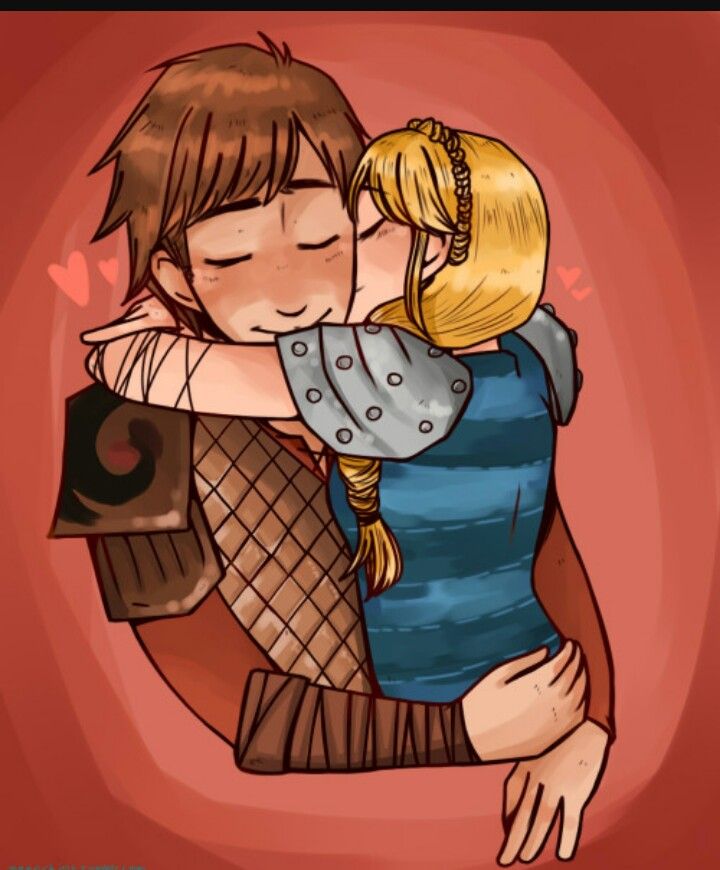 Two letters from Egyptian generals to the Russian FSMTC (service for military-technical cooperation with foreign states) are filed with Ivan's case. In the letters, the military express their dissatisfaction with the fact that a text appeared in Kommersant about the supply of Su-35s to Egypt. This material provoked an international scandal in 2019. The text was written by Ivan in collaboration with Alexandra Djordjevic. Several witnesses in Safronov's case were questioned by FSB investigators about this particular note of his.
Two letters from Egyptian generals to the Russian FSMTC (service for military-technical cooperation with foreign states) are filed with Ivan's case. In the letters, the military express their dissatisfaction with the fact that a text appeared in Kommersant about the supply of Su-35s to Egypt. This material provoked an international scandal in 2019. The text was written by Ivan in collaboration with Alexandra Djordjevic. Several witnesses in Safronov's case were questioned by FSB investigators about this particular note of his.
- "There was no espionage, there was journalism." Ivan Safronov's last word in court
Family and relatives set Ivan's mother a goal - to survive until her son's release. She herself often talks about how she needs to be sane, calm and healthy when her child returns.
Elena Safronova promises to wait. "I will leave only when I know that he is all right. Although it is difficult, I am 66 years old - anything can happen. But then he will not forgive himself. Therefore, I will try to endure all this."
But then he will not forgive himself. Therefore, I will try to endure all this."
Ivana's sister says that her mother-in-law has been giving Vanya white sweaters for every New Year for many years. He has already missed two New Years while in jail. Two new sweaters are at home, waiting for him. “She said: I will give so much so that he comes out - and he has their car there,” says Irina. “No one knows what he will do and how long it will end. We don’t know. In fact, you can absolutely survive everything, the main thing is not to break down and remain human."
Image copyright Video screenshot/Mosgorsud press service/TASS
Image caption,Ivan Safronov with his fiancée Ksenia Mironova in court
Ivan's mother misses her husband too much now - after 15 years the pain has not subsided, she practically cannot talk about him without crying.
"Whoever says that time heals, don't believe it. Realization of what happened comes only now.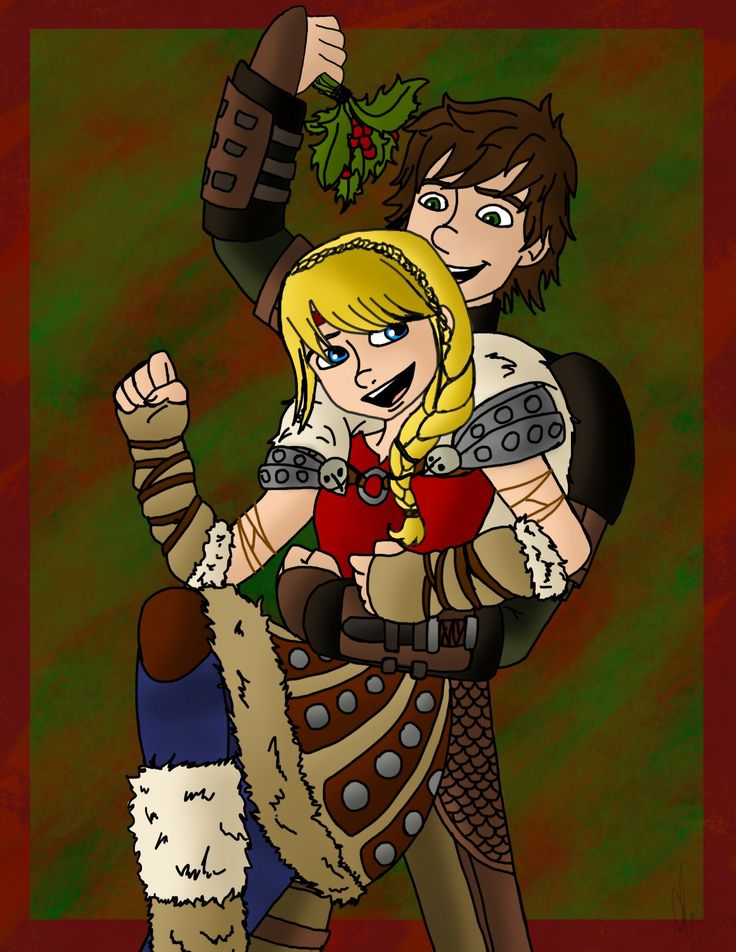 When you need his support. If he were alive, maybe this wouldn't happen to Vanya. Realization that I'm alone, every year it becomes stronger and harder.Then, when he left, I had no strength.I forbade myself to think that the worst happened, because I had other urgent matters that I, in principle, coped with. He would be proud of me if he knew. I'm not bragging now, I'm serious," she says quietly.
When you need his support. If he were alive, maybe this wouldn't happen to Vanya. Realization that I'm alone, every year it becomes stronger and harder.Then, when he left, I had no strength.I forbade myself to think that the worst happened, because I had other urgent matters that I, in principle, coped with. He would be proud of me if he knew. I'm not bragging now, I'm serious," she says quietly.
"Every time I look at the photo and say: Vanya, if you knew how hard it is for me without you. If you only knew, it would be easier for me. It would probably be harder for you, you don't see this horror. And it would be easier for me. And you would have had enough wisdom and strength to protect your son and me and everyone. Although, maybe he did it. "
With the participation of Tatyana Preobrazhenskaya
Editor: Anastasia Lotareva
How to train willpower - Poster Daily
Survival Manual
How does willpower work and what to do if you don't have it? Molecular biologist explains
Nika Golikova
November 8, 2018 16:25
If you think that you do not have willpower, you should know that you are not alone. The brain of most people simply does not know how to deal with temptations. Why can't we lose weight, stop smoking and stop watching TV shows, explains molecular biologist Irina Yakutenko, who will soon perform at the Enlightener Festival.
The brain of most people simply does not know how to deal with temptations. Why can't we lose weight, stop smoking and stop watching TV shows, explains molecular biologist Irina Yakutenko, who will soon perform at the Enlightener Festival.
What is willpower?
There is no concept of "willpower" in science, it is a philistine term. Its scientific counterpart is the ability to resist impulsive behavior. What is an impulse? This is a strong desire that arises in the moment under the influence of emotions and often contradicts our long-term plans. A simple example: you are on a diet, but you come to visit where they offer you a cake. You look at it, it is so appetizing, so tasty, it must be so delightfully melting in your mouth - and you take a piece for yourself. Then, of course, you will reproach yourself: what have I done, I am losing weight, I may even have health problems due to weight. But it's too late, you couldn't resist the impulse to eat the cake immediately. However, there are people who, in most cases, are able to resist the impulse to do something pleasant now, but harmful in the long run. It is them that we call strong-willed .
However, there are people who, in most cases, are able to resist the impulse to do something pleasant now, but harmful in the long run. It is them that we call strong-willed .
Who can exercise willpower and who can't?
Until recently, it was believed that each person is able to develop willpower in himself, but the majority simply do not want to strain, are lazy, blossomed - there are a lot of offensive diagnoses. But recent scientific evidence shows that this "wise" approach to the problem of lack of will is wrong. Among other things, this is proved by experiments in which researchers provoke people to impulsive actions. For example, the famous "marshmallow test". The bottom line is simple: the child has one marshmallow, and he can either eat it right now, or wait until the experimenter returns, who will give him another marshmallow - provided that the first one is not touched by the kid. And it turned out that about a third of children are able to hold on, and two thirds are not . Adults in similar experiments are offered not sweets, but money. And they are also divided into two camps, although it is obvious that it is much more logical to wait and take a large amount.
Adults in similar experiments are offered not sweets, but money. And they are also divided into two camps, although it is obvious that it is much more logical to wait and take a large amount.
When such experiments are carried out using functional magnetic tomography, with the help of which it is possible to observe the work of the brain in real time, it turns out that the brain of people who more often agree to unfavorable in the future, but now pleasant offers, works differently than the brain of those who who is able to resist short-term temptation. In other words, in strong-willed people, the brain is initially more resistant to impulsive behavior: it suppresses it better. The differences can be very different: either their harmful impulse is not so strong, or those areas of the brain that are responsible for its suppression work more powerfully or more quickly, or both. From the point of view of biochemistry, the "wrong" work of the brain is determined by how neurotransmitters are produced in our head - chemicals that transmit orders from one part of the brain to another, including orders to resist the temptation or, conversely, immediately seize it.
And if you inherited genes from your mom and dad that determine the "wrong" work of neurotransmitters, they will always work like that.
Your brain will always be bad at suppressing momentary emotional impulses, which means you will always be more prone to impulsive behavior. And because you read a million articles "How to become a strong-willed person" and do some special auto-training in front of a mirror, genes will not change and a new brain will not grow.
What should I do if I got “willless” genes?
The most important thing is to understand and accept that you are like this and that this will not change . If you know that you are prone to impulsive behavior, you will have difficulty overcoming any temptation with an effort of will - because the tools that you need to show this very effort do not work well for you.
But this does not mean that life is over and you are destined to get fat, become a drug addict and lose your job because you will watch serials non-stop. My book has many recommendations for those who suffer from willpower problems. They are not based on conventional "common sense" or speculative psychological theories: they are the result of decades of neurobiological research. And one of the key recommendations is to get into situations as rarely as possible when you need to make an effort of will, to show an act of resistance to temptation. This is exactly what many consider willpower: when a person boldly looks at a cake, a glass or a cigarette, proudly turns away from them and walks beautifully into the sunset. This is exactly what needs to be avoided, because a brain that suppresses impulses poorly will lose the battle with an emotional outburst. Therefore, if you have problems with sweets or alcohol, you need to remove cookies and wine from the apartment and not buy them home under any pretext. If the temptation is not within reach, you will not be able to succumb to it.
My book has many recommendations for those who suffer from willpower problems. They are not based on conventional "common sense" or speculative psychological theories: they are the result of decades of neurobiological research. And one of the key recommendations is to get into situations as rarely as possible when you need to make an effort of will, to show an act of resistance to temptation. This is exactly what many consider willpower: when a person boldly looks at a cake, a glass or a cigarette, proudly turns away from them and walks beautifully into the sunset. This is exactly what needs to be avoided, because a brain that suppresses impulses poorly will lose the battle with an emotional outburst. Therefore, if you have problems with sweets or alcohol, you need to remove cookies and wine from the apartment and not buy them home under any pretext. If the temptation is not within reach, you will not be able to succumb to it.
One should use the weak-willed brain not for exhausting and useless resistance to temptations, but for planning one's life in such a way that one encounters them as little as possible.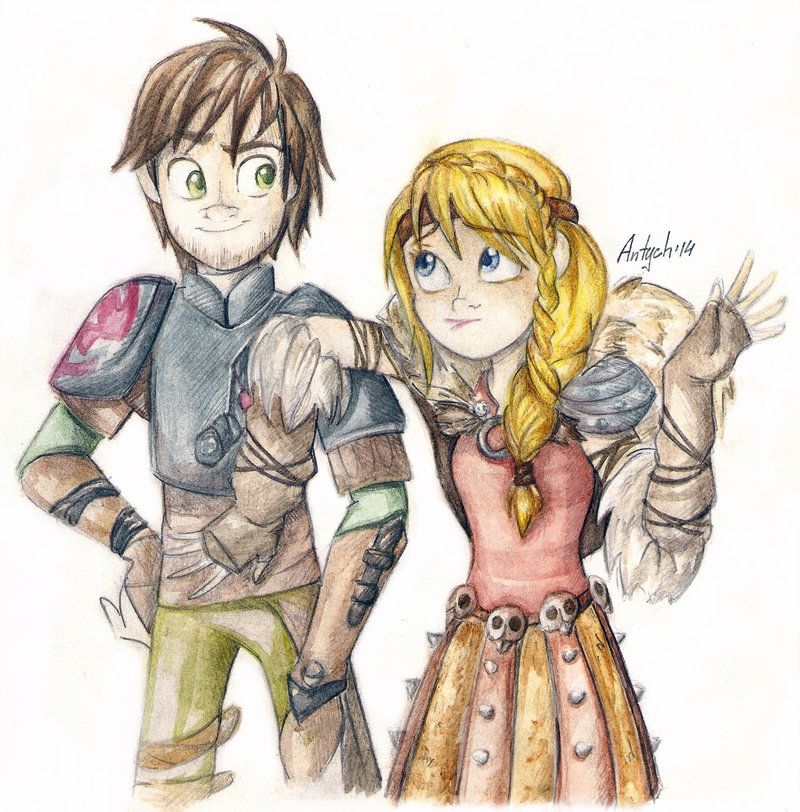
From a neurobiological point of view, an impulsive desire to do something is primarily an emotion, and only a stronger emotion can interrupt it. The logical reasoning that it is harmful cannot cope with the impulse. Emotions arose in evolution much earlier than the "smart" areas of the brain responsible for logic and planning, and they are much more powerful. This pattern is very clearly manifested, for example, in smokers: they all know very well that smoking is dangerous to health, but as long as this thought remains at the level of logic, it is not able to overcome the desire to inhale. But when real health problems begin and the doctor, looking anxiously at the tests, says: “If you don’t quit smoking, you will die”, an emotional “hit” will occur. And the fear of an imminent painful death can overcome the pleasure of smoking. Or the fear of losing a lover if he can't stand smokers.
How do we contribute to our lack of will?
There are factors that can increase our lack of will, even if we are not inclined to it - and especially if we are. For example, hunger. The brain needs glucose to function. If you are hungry, the body tries to preserve vital functions and first of all turns off the higher departments that have arisen in evolution recently, and it is not yet known whether they contribute to survival or vice versa. Among other things, the activity of the prefrontal cortex decreases, namely, this department is responsible for resisting emotional impulses. Therefore, when people are hungry they are more likely to act impulsively . So before important events where you need to use willpower - say, a conversation with your boss about salary - it makes sense to have a snack.
For example, hunger. The brain needs glucose to function. If you are hungry, the body tries to preserve vital functions and first of all turns off the higher departments that have arisen in evolution recently, and it is not yet known whether they contribute to survival or vice versa. Among other things, the activity of the prefrontal cortex decreases, namely, this department is responsible for resisting emotional impulses. Therefore, when people are hungry they are more likely to act impulsively . So before important events where you need to use willpower - say, a conversation with your boss about salary - it makes sense to have a snack.
Another factor is stress. This is not a boring word from glossy magazines, but a very specific physiological mechanism, the task of which was to save our ancestors from extreme influences and abrupt changes in the environment. The stress mechanism kicks in when we need to react quickly. Therefore, under stress, all “side” functions are also turned off, leaving only the most needed at the moment. Blood rushes to the muscles, adrenaline is produced, endurance increases, sensitivity to pain decreases. The activity of the slow higher parts of the brain is blunted, the reins of power are given to the fast and powerful departments responsible for emotions. Accordingly, in a stressful situation, we become more prone to impulsive behavior .
Blood rushes to the muscles, adrenaline is produced, endurance increases, sensitivity to pain decreases. The activity of the slow higher parts of the brain is blunted, the reins of power are given to the fast and powerful departments responsible for emotions. Accordingly, in a stressful situation, we become more prone to impulsive behavior .
Can a weak-willed person be forced to do something?
Willless people have weak intrinsic motivation, as it is determined by the very “volitional” neurotransmitters that do not work well in citizens prone to impulsive behavior. But external motivation always works. And the correct use of the prefrontal cortex is to artificially create an external compulsion for yourself to do what you need, but do not want, or, conversely, not to do what is pleasant, but harmful. This is much smarter than waiting for some suitable force majeure to make you break away from your favorite temptations. Therefore, it is better to buy not a long-term subscription to a fitness club - according to statistics, about 70% of people use a maximum of two or three classes from it, but more expensive individual workouts. When you have an obligation not only to yourself, but also to the coach who is already waiting in the gym, it is not so easy to miss a lesson . For the same reason, people are much more effective in losing weight in the company of a wife, husband, or friends: external pressure from a company or partner is added to weak internal motivation. Moreover, it does not have to be direct: it is enough to be unwilling to be worse than others, competitiveness, and sometimes support. Such self-organized external coercion is much more pleasant than a sudden blow of fate.
When you have an obligation not only to yourself, but also to the coach who is already waiting in the gym, it is not so easy to miss a lesson . For the same reason, people are much more effective in losing weight in the company of a wife, husband, or friends: external pressure from a company or partner is added to weak internal motivation. Moreover, it does not have to be direct: it is enough to be unwilling to be worse than others, competitiveness, and sometimes support. Such self-organized external coercion is much more pleasant than a sudden blow of fate.
From November 8 to 11, the Festival of the Enlightener Award takes place in Moscow. It will unite everyone who wants to know how a person and the world around us works. Every day, within the framework of the festival, the finalists and laureates of the award will give lectures on a variety of topics - from architecture and mathematics to comics and the “killing” of languages. In particular, Irina Yakutenko's lecture will take place on November 10 (registration is required).













